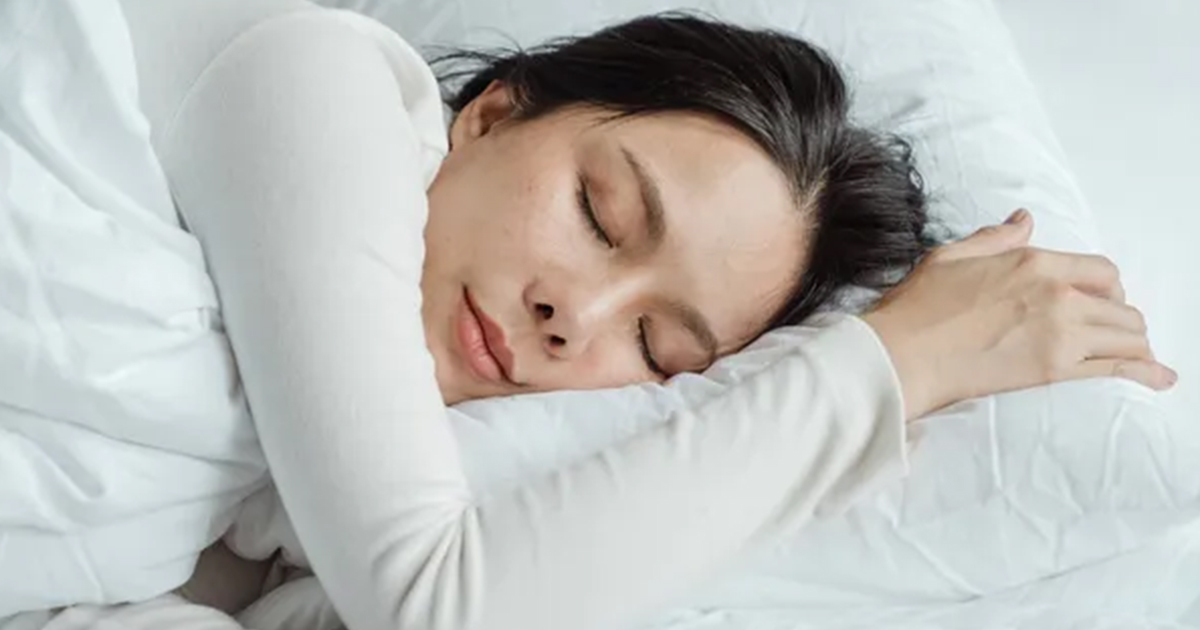Getting enough sleep is crucial to your mental and physical well-being. Despite this and those 7-9 hours of sleep per night is recommended for adults, most people aren’t getting that. More than 35% of adults in the U.S. report not sleeping as much as they need to, averaging seven or fewer hours per night.
Sleep trackers are one of the easiest and most convenient ways to figure out why you’re not getting the sleep you need, learn about your sleeping patterns, or several other things. But what do sleep trackers do, and how do they work?
What factors do sleep trackers monitor?
Whether you’re well-rested or not, a sleep tracker is a beneficial tool to help you keep an eye on your health. A few more factors sleep trackers monitor are:
- Movement. It’s common to toss and turn during your sleep. However, if this becomes a nightly occurrence, it’s likely to cause problems with your sleep cycles. Sleep trackers use an accelerometer to detect any movement.
- Quality. While a sleep tracker can’t necessarily measure your exact quality of sleep, it does measure factors that contribute to it like heart rate, estimated REM sleep time, respiration rates, and other physiological data.
- Duration. Waking up during the night is a frequent problem for people with a sleep disorder or many other health conditions. Monitoring how long you’re sleeping and the number of times you awaken are two important factors a sleep tracker can help with.
- Self-reported lifestyle data. Your lifestyle has more to do with sleep than you might think. Things like sleeping with the TV on, scrolling through social media, or consuming too much sugar or caffeine before bed majorly impact your sleep quality and duration. Entering this data into a sleep tracking system is an efficient way to monitor it, along with having it in an accessible place when you talk to your doctor about any problems.
If you start to notice any abnormalities or something that’s out of character regarding sleep, report it to your doctor as soon as possible.
What are some myths about sleep trackers?
There are a lot of misconceptions about what sleep trackers do. One of the biggest myths is that they can detect a sleep disorder like sleep apnea or insomnia. According to Northwestern Medicine, a sleep tracker is great at helping you notice patterns or abnormalities – which can lead you to suspect a sleep disorder. Therefore, while sleep trackers can identify problems with your sleep, they can’t formally diagnose a condition.
For example, if you’re constantly pulling all-nighters, your brain becomes sleep deprived. Over time, this leads to higher stress levels, problems with memory and overall ability to function, or even insomnia. As you return to a more regular sleeping pattern, paying attention to what’s happening while you sleep can help you learn ways to improve the overall quality of rest you’re getting.
What is the best sleep tracker?
With a rise in technology, sleep trackers can do more now than ever. The Apple watch sleep tracker is one of the most popular models, but hundreds of other options exist. But is one better than the rest? That all depends on what you’re using it for. Here are a few things to consider when you’re selecting one:
- Whether you want a wearable device, one that collects data from your environment, or an app
- What type of data do you want the tracker to obtain
- If you have a diagnosed sleep disorder
Let Us Help Improve Your Sleep!
The Jacksonville Sleep Center is ready to help you tackle any sleeping problems you’re experiencing. With our board-certified sleep physicians, you’ll receive some of the best care in the area. After all, we are accredited as a Comprehensive Sleep Disorders Center by the American Academy of Medicine. Contact us today to schedule an appointment.





